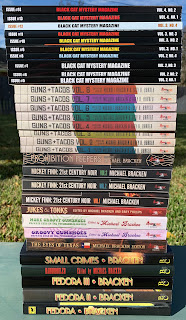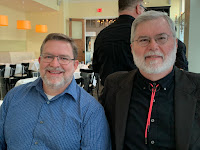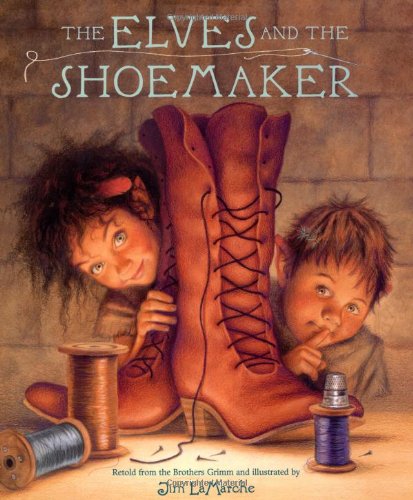When I was a kid, there was a daily aphorism published alongside the funny papers in The Philadelphia Inquirer. I involuntarily read hundreds of them, but only one stuck in my mind: “A good father is priceless. Nobody needs a bad father.”
One could debate the absolute
validity of the second half of that, but not if you substitute “editor” for
“father”. I might even substitute “A bad
editor is worse than no editor at all.”
This is particularly true when a writer is just starting out, filled
with confusion and uncertainty. The
editor in this case is usually someone older, more confident and experienced,
at least on paper (so to speak). It’s
the classic power imbalance, where the junior party is highly vulnerable, and
the consequences of poor advice can be devastating, even fatal to the nascent
creative spirit.
A good editor, on the other hand,
can change your life. Learning to write
is a lot like searching for your contacts in the dark, sailing with a broken
compass, fixing a watch wearing oven mitts, or any combination thereof. Poignantly, the novice writer is aching to
improve herself, while her heart is laid bare by the dueling forces of ambition
and raging insecurity. What she needs
more than anything is encouragement, any excuse to plow ahead despite the
constant threat of embarrassment, or worse, loss of nerve. A good editor knows this, and guides gently,
carefully, instilling knowledge and craft without shattering her fragile emotional
state.
If you think that’s all a bit too
precious, you haven’t worked with professional writers, some with years of
hard-won experience, yeomanlike work ethic, awards on the shelf, etc. If you want to get the best work out of them,
you first tell them what you like, before telling them what’s missing, what
needs to be improved. A capable writer
will know how to listen, how to take direction seriously, but not if you’ve
undermined their confidence in what they’re doing.
Ultimately, you can’t teach a person
to be a good writer. The same goes for
editors, though I think it’s easier for the less capable to hide behind their
implicit authority, academic credentials, or the pretense of fashionable
standards, and standard practices.
Editing is not engineering, it’s an art form. It is not to impose your own preferences on matters of style or subject matter. It is not to write the book for the writer. You need a baseline of technical expertise, but the real work is understanding what the author is intending, and helping her achieve that goal.
I’ve found that cutting out words,
sentences, even paragraphs, is almost always a good idea, but I once had an
editor who cut so much I thought she was beguiled by that slashing motion with
the red pen. Lucky for me, I was able to
put a lot of it back in again. Often
less is more, but occasionally less is just less.
I’ve known a few copywriters who
failed miserably as creative directors (essentially editors in the advertising business.) The problem was they wanted to be a
player-coach, but always hogged the ball.
The better creative leaders made you do it yourself, as many times as
you could stand, until they were satisfied.
A word about writers groups. They can be quite useful, and even enriching, if composed of the right people. I’m in one myself and get a lot out of it. The members have widely varying levels of experience, but they’re all naturally capable practitioners. I take everything they say seriously, jumping on the good stuff and letting the rest just drift on by. But I think these arrangements can be treacherous for inexperienced people – writers and commentators. Amateur editors are often either too harsh or too lenient, since they have some notion of the role of editor without the requisite skills to actually ply the craft. Rookie writers are like survivors of a shipwreck, lurching for any passing debris, without knowing if they’ve glommed onto a sinking mattress or inflatable raft.
I have no solution for this, except
to advise caution and broaden the field of people examining your work. Over time, you might learn who to listen to.
I’ve come to understand that editing, or any form of comment on another person’s work, is an awesome responsibility, for all the reasons touched on above. It’s not to be taken lightly, but rather humbly, with advice and caution in equal measure.




































